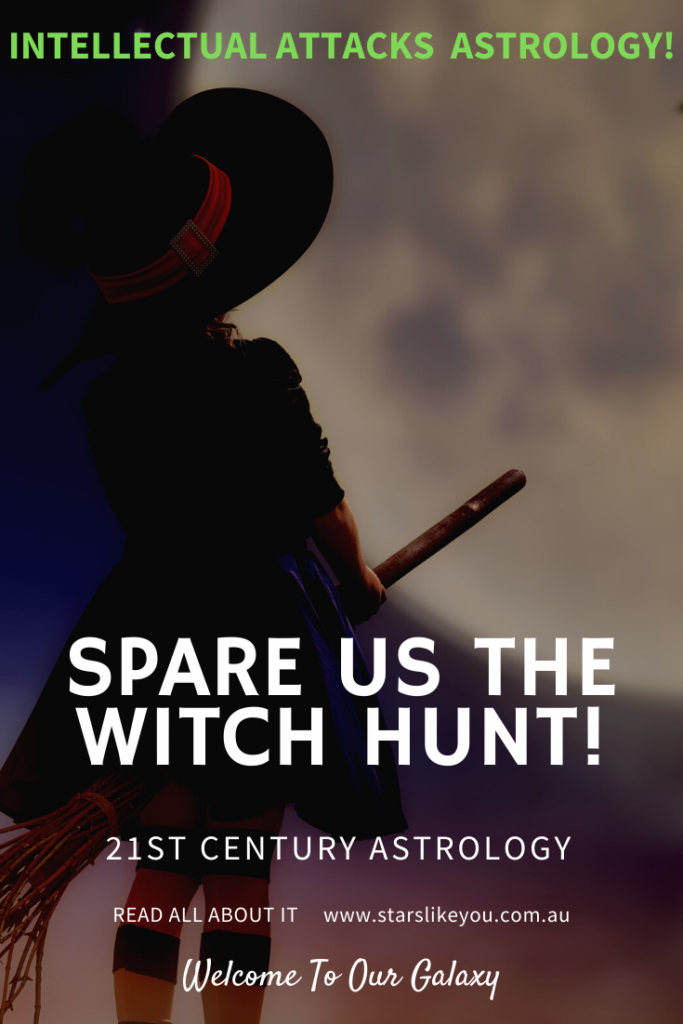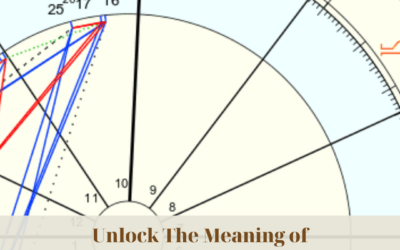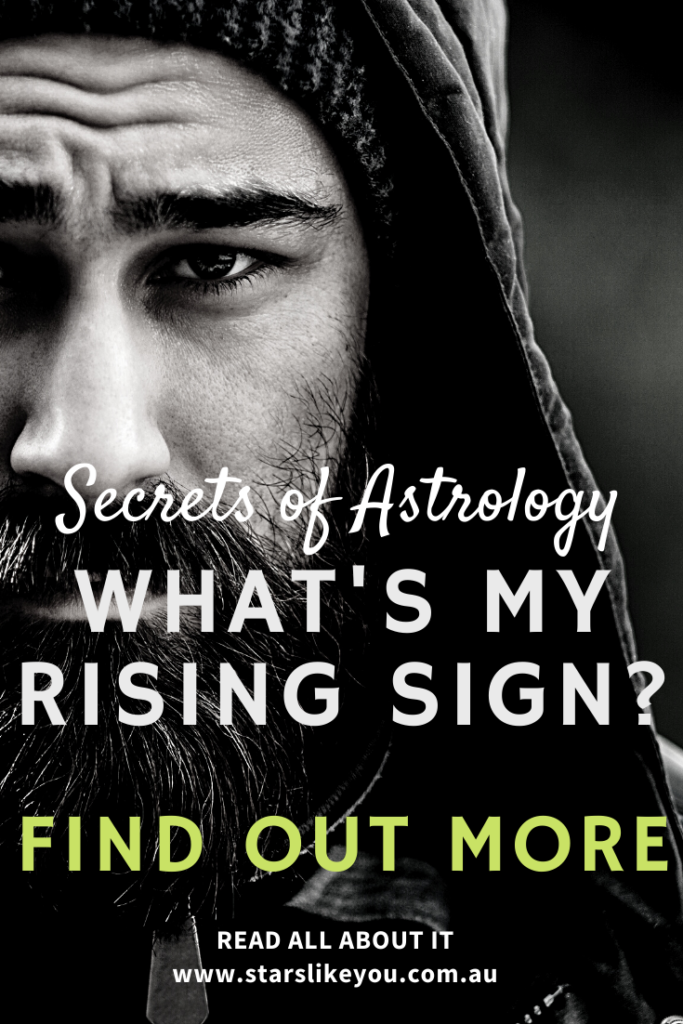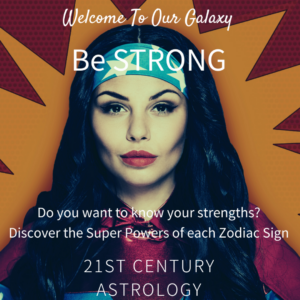
When good journalism goes bad
Is Astrology Just A Facade?
It’s great to see The New York Times exploring diverse topics important to many people, including the resurgence of astrology.
But just like any other discourse, The New York Times owes its readers a balanced and dispassionate perspective, exploring discordant points of view from a place of informed commentary.
Unfortunately, The New York Times doesn’t seem to think astrology deserves such consideration. This implies that those who have taken the time to learn about astrology can be easily lampooned.
In May 2020, the New York Times published an article critically analyzing the future of astrology.
Summing up her evidence, writer Hayley Phelan decided millions of otherwise intelligent people can be duped into believing just about anything.
The need for a “medium …(insert astrologer…) may matter more than the message”, she mused.
Once again, an opportunity had arrived for a clear thinker to lambast astrology. After all, she had evidence that some astrologers failed to accurately predict COVID-19.
In ironic tone, our “investigative” reporter laid bare apparent contradictions between the conjectured inability of astrologers to understand the shortcomings of their profession and the cute but misguided failure of millions to think for themselves.
It would appear that the only ones who really know what’s going on here are psychologists and scientists – eminently qualified to comment from a credible, though not informed, point of view.
For added impact, The New York Times article features an illustration which references the Salem style “burning” of a witchy-like astrology chart… Now that’s proof!
The Problem Of Not Knowing What You Are Talking About
This approach, unfortunately, is akin to a creationist attacking biology because they see no need to educate themselves further, or a media platform replacing unbiased reporting with personal opinion just because it gets more smirks. The New York Times is better than that!
Phelan rightly points out that in times of crisis interest in astrology increases. But simultaneously she arrives at the assumption that this proves gullibility on the part of the masses, inclined to run lemming-like off the cliff of collective delusion.
Our writer casts an arched eye toward the comments of some Instagrammers, responding to a well known astrologer’s vaguely general forecasts. In pursuit of true knowledge, Phelan shows how the daily fluctuations in what people post evidences mass deception….. obviously.
Never for a moment does she consider that intelligent, well-balanced people may have noticed something credible in the underpinnings of astrology. Something she has not bothered to understand.
Instead, it is far easier to paint those of us open to the idea of astrology as mentally feeble and easily placated.
Yet all this achieves is a dumbing down of the underlying argument.
Phelan perpetuates a tendency of those in position of privilege to propagate the belief that anyone possessing a different point of view than them (and their tribe) must – by default – be idiots.
Sounds like a dominant paradigm, does it not?
This is a basic Anthropology 101 faux-pas.
No right-minded member of the intelligentsia would dream of suggesting a trip down the Amazon, to then laugh at the intricate knowledge-system of an indigenous tribe.
Yet when it comes to commenting on astrology, all efforts for any intellectual rigour seem to be called off. There is no need for any knowledge before being entitled to shoot your mouth off.
The problem is when those who comment on culture refuse to engage in the culture they are describing, appropriation or bias is bound to occur.
We see this all the time – ‘experts’ leaping off the page to discredit astrology. Which would be perfectly fine. If they had any idea what they were talking about.
Phelan gives us a potted and patronising history of the craft – telling us “that horoscopes were more or less apolitical; they promised travel, pay raises, and, of course, locking eyes with that soul mate on your morning commute. There was very little hay to be made about the global economy, systemic inequality and other structures, which undeniably impact a person’s fate. But in recent years, the genre has moved in a more politically and financially aware direction. Basically, astrology’s gone woke”.
Somehow she managed to skip over around 2000 years of recorded history, where astrology’s main pursuit was offering assistance in matters of statecraft and resource management.
In fact, one of the most important and oldest branches of astrology – mundane astrology- deals ONLY with social, political and economic concerns
Journalists sneer at those reading horoscopes with no effort to understand the vastness or complexity of an intellectual pursuit that has endured over 6000 years and appeared (without transmission) in every significant world culture
Painting astrology as just “the promise of more” ignores the profound contribution astrology has made to the fields of psychology, medicine and personality-profiling.
What these articles do achieve, however, is the casting of a spotlight on a self-sabotaging problem that eats away at astrology’s credibility and collective core.
It is true. The internet is awash with facile predictions perpetuated by astrologers. These do nothing to further our cause.
But such horoscopes are really only the visible tip of a much bigger intellectual pursuit, one that has fascinated millions of smart people for millenia.
Being open to the possibility of astrology is an act of curiosity and cognitive independence.
To ask the question – “Is there a link between human behaviours and planetary position”- opens huge philosophical and psychological questions that are not easily ignored. This is something The New York Times may want to explore?
What is far more interesting to consider is why do such correlations between cosmos and psyche appear to exist?
Putting it all down to wishful thinking or in more colonialist terms, a kind of participation mystique, just isn’t enough.
For a mind-altering look at your monthly horoscope follow this link.
Six Great Reasons to Understand Astrology
Astrology isn’t called “The Queen of Sciences” for nothing. Not only is it one of the most ancient ways of understanding the personality, it’s also perhaps the most accurate way of recognising where your opportunities lie. Put simply, if you understand these six reasons to study astrology and learn about your birth chart you will get the inside scoop on what makes you uniquely you. Here, we have outlined six great reasons for you to study astrology. Think of this as your in-depth excuse for being astrology obsessed.
The Meaning of Your Midheaven
Mercury Retrograde – Find Your Happy Place
When Mercury turns retrograde the astrological advice is this – take the time to slow down and relax. Stay present by engaging in meditation or any other mindfulness technique. Learn to observe your thoughts and how these frame your view of the world, then change whatever you discover is holding you back.
 Damian Rocks
Damian Rocks
I’m a professional astrologer, coach, and Ayurvedic consultant, originally from Australia but now travelling the world. At Stars Like You, the focus is on happiness. We publish great astrology articles, as well as well-researched pieces on nutrition, wellness and Ayurveda drawn from years of clinical experience.
Learn more..




 Damian Rocks
Damian Rocks

The author’s obvious attempt to program the sheeple is a study in abject failure. Visit any local police station on e v e r y full moon and note the increased number of new residents catalogued on the Arrest Log.
HI Damian,
Just found your blog and it is great. I will be spending some time here to get to know it. I read that article as well, and was really upset by it. She did not permit comments, and I personally think this was someone young out to stir up controversy and make a name for herself. A lot of us in the USA are upset with the NY Times. They have fired or pushed out a lot of star reporters – and you can find these people on Medium, Quillette, others. It seems that the NY Times has been taken over by a group of young people that “Know Everything.” They pissed me off several times, and I don’t like the way they treated the dismissal of several star reporters. There are other very good newspapers that are in the USA. NY Times still does a good job reporting for investigations. Antisemitism drove Bari Weiss out
I appreciate this article.